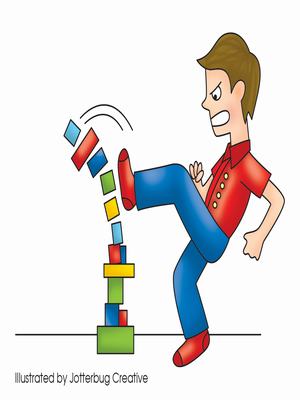ANGER MANAGEMENT
Anger Management Strategies for Children
|
When frustrated, disappointed, embarrassed or annoyed, children often react in anger. Don’t try and shield your child from such situations. They need to understand that unexpected or negative outcomes occur (for all of us at times) and that we have to learn to cope with these. Teach children to anticipate a possible loss, bad outcome, inconvenience, setback or annoyance and help them learn to prepare for these. Plan for a ‘worst case scenario’ and discuss possible ways to handle / cope with the situation. Model good coping strategies yourself and discuss your own negative experiences with them. Help your child learn to accept and acknowledge their situation, and to express their frustrations and sadness (rather than bottle things up or try to cope on their own). Look for something good in every outcome and praise your child for coping with their frustrations and disappointments bravely. |
 |
CASE STUDY:
Morgan was 6 years old and a very bright little boy. He had high expectations of himself and of others. When he played games, he expected to win. When he drew pictures he expected them to be perfect. He was good at reading, good at sport and well accustomed to being praised and recognised for his achievements. When Morgan found any task difficult, frustrating or not as he had expected, he lashed out at others in anger, blaming anyone he could for ruining the situation. He found it very difficult to admit fault, very difficult to cope with anything less than perfect, and very difficult to accept the opinions of others. Morgan's angry outbursts were affecting his friendships and his enjoyment of activities both at home and at school.
SUGGESTED STRATEGIES:
- Pre-empt difficult situations and plan appropriate coping strategies
- Help your child to set realistic expectations
- Anticipate worst case scenarios and plan for these
- Give your child an alternative response, for example coping with the disappointment bravely
- Discuss, model and rehearse anger management strategies
- Encourage your child to express their feelings and reactions to situations, exploring a range of emotional responses rather than labelling every response as anger